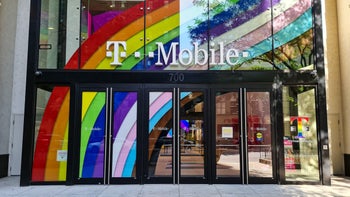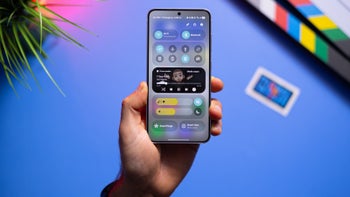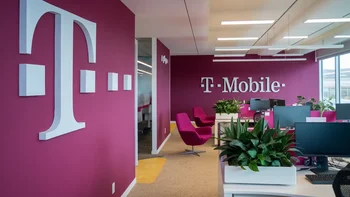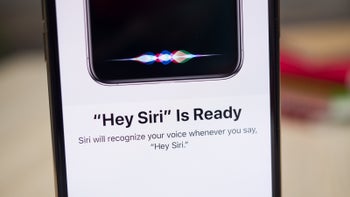Google VP defends the company's approach to Android before the EU – our thoughts

Mr. Kent Walker, Google Senior VP and General Counsel
In case you missed the news, the European Commission charged Google with anti-competitive practices yesterday, alleging the tech giant abuses its dominant position in Android development to force partnering manufacturers and carriers into pre-loading Google apps and services to the detriment of competing ones. Senior VP and General Counsel Kent Walker published a blog post in which he defends Google's practices by explaining Android's business and development model. We'll go through the post and provide some commentary in an effort to present the situation objectively.
Following the introduction, Walker refutes allegations that Google hinders its partners from making and selling devices with alternative operating systems based on the Android open source project, noting that "anyone can use Android without Google" and modify it freely. While that's correct, as evidenced by the many forks of Android running on Chinese smartphones, the reality is that Amazon's Android-based operating system present on its Kindle Fire devices is the sole "forked" version of Android that's prominent in Western markets like Europe and the United States. The reason is that using open-source (AOSP) Android doesn't allow for access to the Google Play Store, constraining users to alternative app stores – designed by the OS' creators, or installed from third-party sources. Rolling your own Android fork with access to Google Play is a whole different ball-game that involves agreeing to certain conditions, such as pre-loading Google Search and setting it as the default system search engine.
Of course, manufacturers and carriers can go the Amazon route and introduce devices with their own forks of Android and app stores, but realistically, how competitive can they be when big brands are marketing and selling Google-fied phones and tablets? Unless they find a sustainable way of monetizing proprietary app stores and services (like Chinese smartphone makers and Amazon do), or have a strong separate business to rely on (like Amazon), their efforts are pretty much doomed from the start.
Mr. Walker defends Google's debatable practices with another argument – Android is "costly to develop, improve, keep secure, and defend against patent suits," so naturally, the company is entitled to offsetting costs through revenue made on Google apps and services distributed via Android. He also added that the operating system makes it "simple and easy" for users to download alternative apps, including ones that directly compete with Google's.
Everyone can use Android for free, but realizing a competitive Android phone for the Western markets without complying to Google's demands is kind of impossible.
Thus, if a manufacturer or carrier wanted to sell an Android phone with access to the Play Store and other Google Services, but also set the default search engine to a competing one and not have Chrome in the home screen app dock from the get-go, that would be impossible. Users may be free to seek alternatives and choose them by default, but the truth is that the majority of them probably won't. In a way, Google ends up manipulating non-AOSP Android into an anti-competitive platform, and the VP's argument that manufacturers can "choose to load the suite of Google apps and freely add other apps as well" falls flat – of course you can add your own browser, just place it next to Chrome in the app dock and confuse users...Of course, manufacturers and carriers can go the Amazon route and introduce devices with their own forks of Android and app stores, but realistically, how competitive can they be when big brands are marketing and selling Google-fied phones and tablets? Unless they find a sustainable way of monetizing proprietary app stores and services (like Chinese smartphone makers and Amazon do), or have a strong separate business to rely on (like Amazon), their efforts are pretty much doomed from the start.
Google isn't playing dirty, but its efforts to maximize revenue end up hindering competition and user choice.
While both arguments are indisputable, the company may have to revisit its partnership agreements or it will have a hard time convincing the European Commission that Android is all about "open innovation." Moreover, Walker's post doesn't address allegations of offering "financial incentives" towards pre-loading the Google suite of apps and services (then again, as a business, the company is free to do that), or the found evidence of the company's Anti Fragmentation Agreement "preventing manufacturers from selling smart mobile devices based on a competing Android fork which had the potential of becoming a credible alternative to Google Android."source: Google















Things that are NOT allowed: